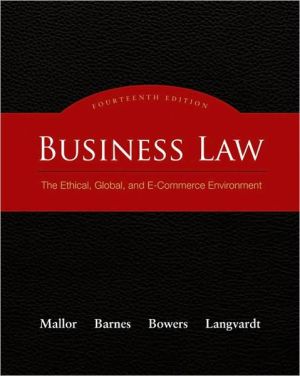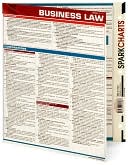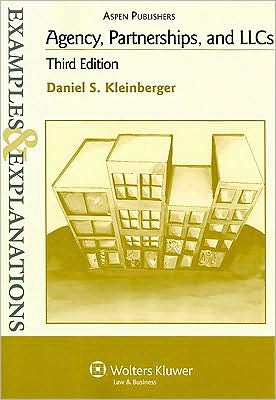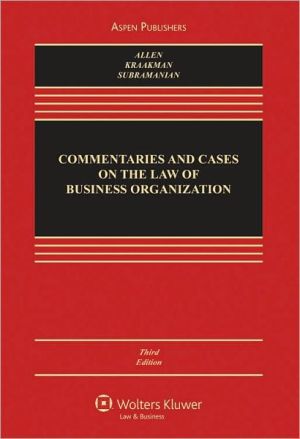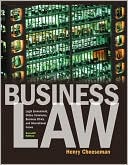Shifting out of Park: Moving Auto Safety from Recalls to Reason
Shifting Out of Park: Moving Auto Safety from Recalls to Reason is an in-depth look at the automobile recall process. Vehicle safety and reliability is considered to be better than it has ever been, yet the National Highway Traffic Safety Administration (NHTSA) continues to issue as many as 30 million vehicle recalls per year. A paradox perhaps. This book discusses the history of the recall process and the reasons NHTSA devotes a high percentage of its attention to this matter, with more...
Search in google:
Shifting Out of Park: Moving Auto Safety from Recalls to Reason is an in-depth look at the automobile recall process. Vehicle safety and reliability is considered to be better than it has ever been, yet the National Highway Traffic Safety Administration (NHTSA) continues to issue as many as 30 million vehicle recalls per year. A paradox perhaps. This book discusses the history of the recall process and the reasons NHTSA devotes a high percentage of its attention to this matter, with more vehicles recalled than sold each year. Yet it administers this program in a costly and rather ineffective manner for all parties involved. First of all, compliance is difficult to enforce since up to a quarter of the recall notices, on vehicles, are not attended to by the owners. Second, the cost of recalls is very high in terms of cost per vehicle. NHTSA estimates that recalls cost automakers about $100 per vehicle per recall. But that's only part of the costs, namely, parts and labor. This estimate fails to consider costs such as engineering, tooling, and producing the replacement parts. Worse, it ignores indirect costs, which dwarf direct costs and include the loss of market capitalization, market share, and brand damage as a result of a recall. Third, there is a cost to those who do take their vehicles in to fix the recall. Having to fix the recall causes extra risk of accidents due to additional travel, loss of time and productivity due to bringing the vehicle to the dealer, and cost of fuel needed to make the additional trips. It is possible that the recalls may risk more lives than they save. It is estimated that the additional travel, caused by owners fixing the recalls, causes three to four deaths a year, let alone many injury and non-injury causing accidents. The program is expensive in more ways than just monetarily, and the question of whether or not the safety benefits of the recall program outweigh the costs has been asked, but remains unanswered. The Federal Government refuses to study the issue and claims that the small number of actual facts and the large number of unknown factors make it next to impossible to evaluate the program. With this book Dr. Kevin McDonald evaluates the recall process and starts a discussion on how it might be changed for the better. He discusses the three components of traffic safety in order of importance and how they contribute to automobile accidents: driver safety, roadway safety, and vehicle safety. He also discusses automobile regulation and the three steps that must occur for regulation to take place: public awareness and demand for action, legislation, and continuing administration. He unravels the legislation and litigation that started in 1966 with the creation of NHTSA and continues today, including an exhaustive analysis of the TREAD Act, passed in the wake of the Ford-Firestone recall. Separate chapters are devoted to how the courts have handled recall orders and the recent trend to have courts, not NHTSA, order recalls and how they affect the recall process. Dr. McDonald then compares the current American recall process and its history with the recall processes of several foreign countries with excellent auto safety histories. He gives suggestions for improvement that will allow the recall process to save money and better serve the American public. The book is clear and to the point and will serve as a descriptive resource for all parties, from judges and lawyers to auto designers and mechanics to concerned citizens, interested in traffic safety in America and the auto recall process. Topics Include: Overview of the recall process Research in auto and traffic safety Human factors in auto and traffic safety Regulation of the recall Legislation of the recall Litigation of the recall Judicial review of the recall Transportation Recall Enhancement, Accountability and Documentation ("TREAD") Act Comparisons of NHTSA with other American agencies such as EPA, CPSC, FDA and USDA Comparison of US regulations with regulations in Australia, Canada, and Germany Rethinking the recall process - suggestions for improvement

